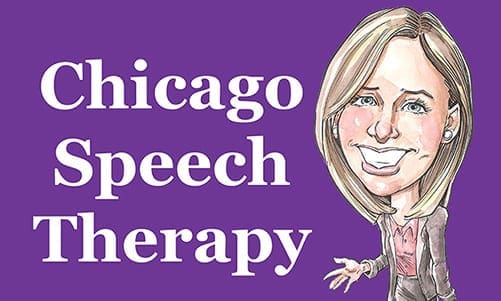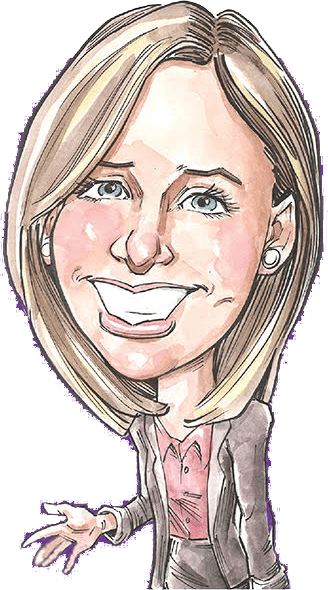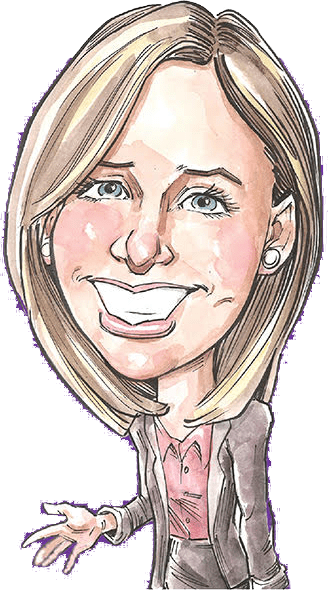What is Receptive Language Disorder?
Receptive Language Disorder affects the brain’s ability to understand either spoken or written language. It can be directly impact a child’s speech development if left unaddressed.
Up to one out of every 20 children has symptoms of either a Receptive Language Disorder or the related Expressive Language Disorder, and between three and five percent are diagnosed with one or both. Receptive Language Disorder can be inherited or the result of a brain injury. If the language disorder is a hereditary issue, it tends to manifest before the age of four.
Symptoms of Receptive Language Disorder
Children suffering from receptive language disorder will have trouble following directions. They may be uninterested in written or spoken messages and could seem to be ignoring you. Fast speech will be especially difficult for the child to interpret. The child may take figurative expressions literally, for example “It’s raining cats and dogs.”
Todos los problemas anteriores pueden llegar a ser tan frustrantes para el niño que puede renunciar a comunicarse por completo, provocando lo que se conoce como "ruptura de la comunicación".
The following are some signs your child is suffering from Receptive Language Disorder:
- A los 18 meses, no sigue instrucciones sencillas como "coge tus zapatos"
- A los 24 meses, no es capaz de señalar un dibujo o una parte del cuerpo cuando se le nombra
- A los 30 meses, no responde en voz alta a los mensajes hablados
Treatment Options for Receptive Language Disorder
Si algo de lo anterior es cierto, es importante ponerse en contacto con un logopeda para determinar si la terapia del habla es necesaria.
Sometimes it is hard to tell whether your kid is exhibiting symptoms of a language disorder or merely displaying typical childish behavior: being energetic or throwing tantrums can be perfectly normal. The only way to determine for sure is to seek the diagnosis of a speech-language pathologist like Karen George and other professionals at Chicago Speech Therapy. It is important to detect a speech problem at an early stage in the child’s life, as early-intervention speech therapy has proven to be more successful than treatment later on in life.
El primer paso en el tratamiento del habla es el diagnóstico adecuado. Un logopeda comenzará por examinar los antecedentes familiares del paciente. Si muchos familiares sufrieron problemas de habla, puede indicar una susceptibilidad genética y una mayor probabilidad de que su hijo también tenga el trastorno.
A receptive language disorder can occur in tandem with a variety of developmental issues such as autism or Attention Deficit Hyperactivity Disorder (ADHD) or in isolation. A broad spectrum of tests will be performed to determine whether your child suffers from any of these.
Una de las causas más comunes de los problemas de desarrollo del habla es una deficiencia auditiva física. Un audiólogo realizará un "audiograma" para comprobar la capacidad auditiva de su hijo. Esta prueba es sencilla e indolora: su hijo llevará un par de auriculares a través de los cuales se reproducirán sonidos de intensidad variable. Se pide a los sujetos que levanten la mano cuando puedan oír el sonido, y de este modo se determinará el umbral inferior de su rango de audición.
Los trastornos del desarrollo del habla también pueden ser el resultado de una lesión en el sistema nervioso central debida a una enfermedad, un tumor o un traumatismo craneal. Se realizarán las pruebas médicas habituales para descubrir cualquier daño físico en el sistema nervioso.
The best way to discover whether a child suffers from receptive language disorder is through comprehension tests carried out by an experienced speech-language pathologist. Karen George and her team at Chicago Speech Therapy will carefully observe patients in a variety of settings and compare their speech development to the expected level for their age.


